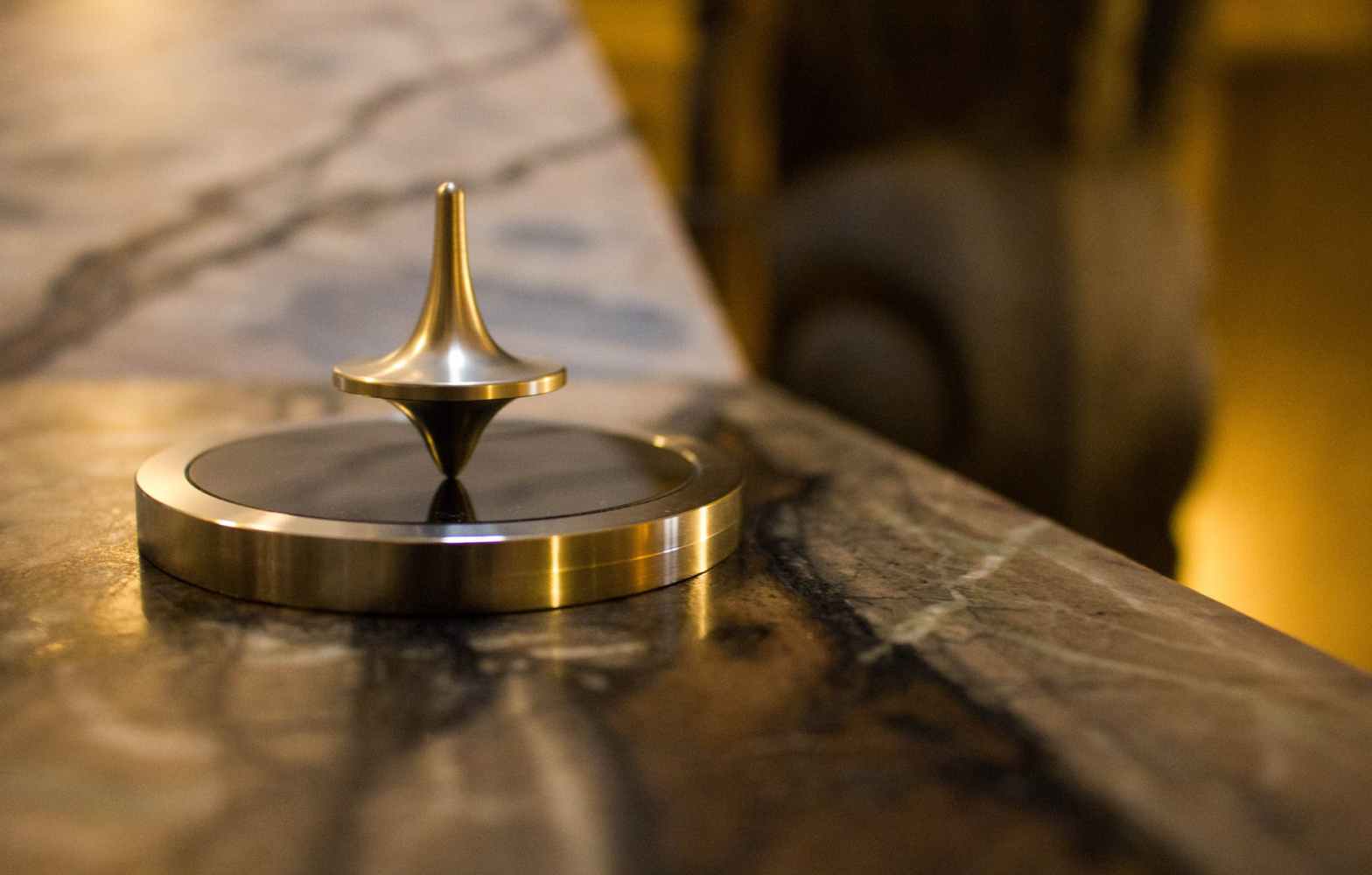I have argued before that mindfulness meditation and situational awareness are intrinsically connected. And these two principles seem (diametrically) opposed, but follow along for my explanation. It will make sense.
Amid our fast-paced lives, there’s a practice that stands out as a beacon of tranquillity: mindfulness meditation. It’s not just an oasis of calm but a tool that can sharpen our perception and elevate our understanding of our surroundings. How does a practice rooted in stillness enhance one’s situational awareness and security, a skill crucial in dynamic environments?
Let’s delve in.

The Nexus Between Mindfulness and Situational Awareness
At their core, mindfulness and situational awareness share a common theme: presence. While situational awareness emphasizes understanding and predicting elements in the environment, mindfulness emphasizes being present in the moment without judgment. Combined, these practices can bolster our ability to perceive and respond to the world around us.
Heightened Perception
A key component of mindfulness meditation is anchoring one’s attention on the present, often by focusing on the breath, bodily sensations, or ambient sounds.
Over time, consistent mindfulness practice can fine-tune our senses.

This heightened perception can translate into being more attuned to details others might overlook in real-world scenarios. From the subtle change in a colleague’s tone to the faint smell of smoke in the air, mindfulness practitioners often report an enhanced sensory experience.
Improved Emotional Regulation
Mindfulness meditation isn’t just about sharpening the senses; it also helps manage our emotional responses. Individuals can make more informed decisions by recognizing and accepting emotions without getting swept away, especially in high-pressure situations. This emotional stability can be pivotal in crises where situational awareness is crucial.
Reducing Cognitive Overload
Our brains are incredible, but they can get overwhelmed with the constant barrage of information in today’s digital age. Mindfulness meditation can declutter our minds by encouraging singular focus. A less cluttered mind is more agile and better equipped to assess, understand, and predict situational changes.
Enhancing Memory and Recall
Research suggests that mindfulness practices can bolster memory and recall abilities. Remembering critical details about an environment or situation for situational awareness will allow for better predictions and decision-making.
Fostering a Proactive Mindset
Mindfulness encourages an observant, non-reactive stance. When this is applied to situational awareness, it fosters a proactive approach. One can anticipate and plan instead of merely reacting to events, ensuring better outcomes.
Join my mailing list for more security resources.
Practising Mindfulness for Situational Awareness
To get started, consider the following:
- Start Small: Start with a few minutes of mindfulness meditation daily, gradually increasing as you become more comfortable.
- Anchor Your Awareness: Whether it’s your breath, sensations, or sounds, find an anchor for your attention.
- Apply Mindfulness Daily: Be present during everyday activities, like eating, walking, or driving. Over time, this daily practice can significantly improve situational awareness.
In conclusion, while mindfulness meditation and situational awareness might seem worlds apart, they’re intrinsically linked. By cultivating a mindfulness practice, we find inner peace and equip ourselves with a heightened ability to navigate the complexities of the world around us.
— Peyton Dracco

One thought on “Mindfulness Meditation and Situational Awareness: A Pathway to Enhanced Security”